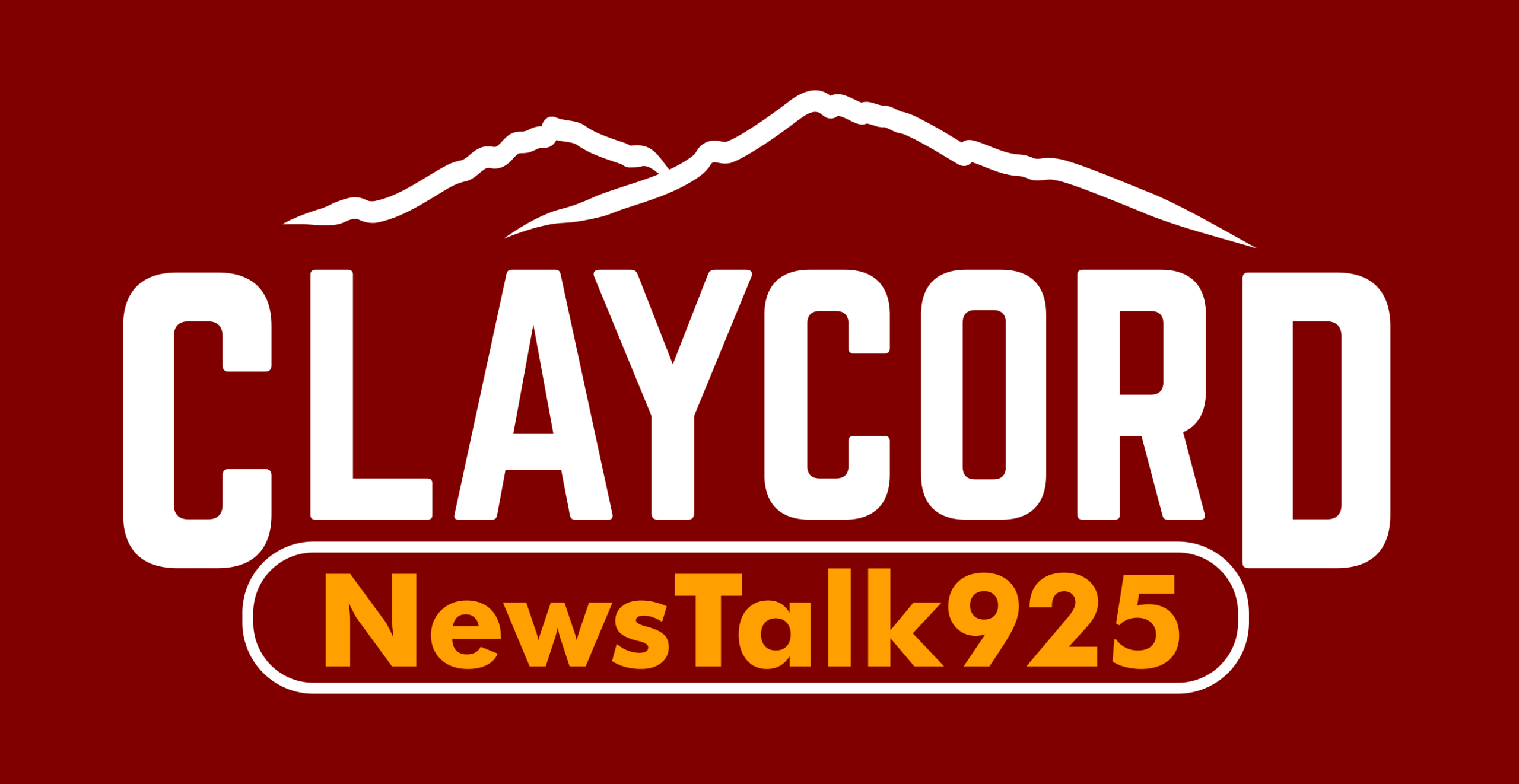Transit officials from across California have called on the state to allocate some $5 billion over the next five years to help transit agencies stave off drastic cuts and massive pandemic-induced deficits.
As transit officials have signaled in recent months that agencies could face existential financial conditions as soon as 2024, the California Transit Association asked state legislators on Tuesday to provide a total of $5.15 billion to public transit agencies over the next five fiscal years.
The proposal would provide $1.2 billion in transit agencies in just the coming 2023-2024 fiscal year and would help beleaguered operators like BART, the San Francisco Municipal Transportation Agency and the Los Angeles County Metropolitan Transportation Authority to avoid deep service cuts and develop a long-term funding plan.
According to the CTA, the estimated funding shortfall for transit operators across the state totals roughly $6 billion combined.
“We can’t jeopardize our industry’s reinvention and investment in the future by letting agencies run out of lifeblood operations funding today,” CTA Executive Director Michael Pimentel said Wednesday. “Now more than ever, we are urging states to ensure we are there for those who depend on public transit.”
At the state capitol on Wednesday, Pimentel joined representatives from BART, Muni and the LA Metro; state Sen. Scott Wiener, D-San Francisco; and representatives from transit and business advocacy groups like the Bay Area Council to call on state officials to approve the funding request.
Wiener formed a select committee within the state Senate earlier this year focused on how to assist Bay Area public transit agencies as their ridership continues struggling to rebound to pre-pandemic levels.
State legislators are also dealing with their own budget deficit of some $22.5 billion after the state’s capital gains tax revenue fell by $29.5 billion year-over-year.
CTA officials noted that the funding in their proposal would not come solely from the state’s general fund. Instead, several billion would come from increased allocations of diesel fuel sales tax revenue and unallocated cap and trade revenue as well as the conversion of some capital funding – which is used for infrastructure projects – into operations funding.
Wiener argued that allowing transit systems to fail financially would result in cascading economic consequences and hamper the state’s efforts to reduce vehicle traffic and greenhouse gas emissions.
“In the next 12-to-24 months, … the federal emergency funds run out and we have a mismatch,” Wiener said. “Ridership hasn’t recovered as quickly as we would need to make up for the loss of those federal funds, and that’s why the state needs to step in.”
BART officials estimate that the transit agency is on track to run out of federal funding by March 2025 with its current spending and revenue levels. The agency would then face operating deficits of more than $300 million per year.
A lack of in-person workers across the Bay Area, and downtown San Francisco in particular, has left BART’s ridership stuck around 40 percent of its pre-pandemic expectations on weekdays and between 60 and 70 percent of pre-pandemic expectations on weekends.
BART saw its highest ridership of any day since the pandemic began on April 20, but those 179,013 riders only accounted for 44 percent of pre-pandemic ridership, according to the transit agency.
“Before the pandemic, fares provided more than 70 percent of the funding for BART service, more than any transit agency in the world,” BART Board member Bevan Dufty said. “What was once a source of pride has become our Achilles’ heel.”
Wiener acknowledged that transit agencies may need to change how they operate in the coming years as work and social patterns change, but stressed that those changes can’t happen if they go bankrupt or have to drastically cut service.
“This is about triage and stabilizing a very dangerous situation so that over the next few years, we can actually have those conversations from a position of financial stability,” Wiener said.


The usual B S from our political leaders. They never care how much money they spend and waste. They know the simple thinking voters in this state will blindly believe what they are told and vote accordingly. Nothing is going to change because there are not enough people who care .
.
Can you say “BAILOUT”?
.
Transit agencies should first start with cutting the fat (staff, salaries, benefits, etc) before hitting up the tax-paying public for a BAILOUT.
.
Can you say shut it down? Blood sucking leaches.
Start arresting fare evaders then I may have some sympathy for BART’s financial issues.
Sounds like marching along with the pandemic narrative was a really bad idea. But then the trouble began in the mid 20th century with visions of the future that never really materialized. And even before that when GM wanted cities to replace trolleys with buses. Look even further back to the 1800s and the unscrupulous opportunist business leaders like the ones who wanted to turn Yosemite into an amusement park. Light rail would have been a better solution but now those tracks have become hiking trails the public won’t want to give back.
.
Oh well.
Here’s one of BART’s directors, and people wonder why BART is financially in trouble. No former experience in public transportation and she has 2 or 3 other “jobs” besides BART Director. Check out her Fecesbook homepage for her family history in the Bay Area, Huey Newton or Bobby Seal would be proud…….Lateefah Simon…..
https://www.bart.gov/about/bod/bodMembersDetail_07
BART will never have “financial stability.”
Until they decide that they are to be SOLELY a transit agency and make drastic improvements to their efficiency of operations, they shouldn’t get one damn dime.
Things have changed post-COVID. What was acceptable 20-30 years ago is no longer the standard. 10-20 years ago, very few worked remotely. That’s no longer the case.Times change and BART must adapt – or die.
Same thing with the HSR. The financial plug needs to be pulled and allow it to die.
BART is dirty and crime ridden. Riders are avoiding it like a summer cold.
his is about triage and stabilizing a very dangerous situation so that over the next few years, we can actually have those conversations from a position of financial stability,”
Inept everyone. Every year it’s a different post about how they’re asking for money and short on funds. So why hasn’t this already been talked about previously. Because you know you’ll get a bail out and then it will go on the back of everyone’s mind. Then in three years you’ll do it again hoping people forgot. People don’t forget.
“… as well as the conversion of some capital funding – which is used for infrastructure projects – into operations funding.”
.
Capital funds should NEVER be used for operations. Cap funds are bond (debt) funded so that means the public will accrue interest on past, one time, operations instead of infrastructure which has a useful life and amortized going forward – a long-term payback.
.
Operation funds should come from fare revenue, advertising, leases, etc.
.
In these times the public has had to deal with inflation and tepid commercial activity. These transportation districts need to do the same and adjust accordingly.
.
* Prioritize.
* Assess.
* Cut the employee fat and the perks.
* Adapt to lower revenue while maintaining reasonable levels of service.
.
Whatever happened to the “resilience” touted by Gov. Newsom?
.
A BAILOUT is not being “resilient”.
.
1) So small business can fail … no bail out for them.
2) Bart cannot fail … and the only solution is to infuse more money into a defunct organization. As Exit stated, cut the fat.
3) Ridership is not going back up, okay, work within the budget you have. Cut the bonus, my company cuts the bonus if we do not sell enough of our product.
4) Is this subcommittee a bunch of Weeners ‘yes’ folks or are they a representation of the state? Does this group of people include financial planners and business people who can help BART manager their resources?
See if you can get any money out of Joe’s home country China.
May it go the way of Bud Lght!!!
This is a complicated train wreck where lots of the money has already been contractually promised through labor agreements or already approved legislated partial funding, for example the new Fremont station, expansion into San Jose and agreements and plans for another trans bay tube. The Planning section of the BART website ignores the drop in ridership and is keeping with earlier forecasts of a huge increase in Bay Area population.
Remember when BART went on strike and paralyzed Bay Area traffic? Time to cut staff and they could start with the janitor making $400k a year!!
Should be like every other business, if revenue is down you make cuts. Less people ridding should mean less employees needed.
How about just NO! Stop handing out money!!! It does not grow on trees and we are dooming the next generation with expenses that are not going to solve BARTs issues. They can’t just keep asking for money. If people aren’t riding then why are they not doing their own responsible cut backs. Trim the fat so they say and it may need to go A LOT deeper than just the fat. If all of these intelligent people are on their board why has this not been figured out yet? Stop handing out tax payers money, we are not OK with this!!!!
NO BAILOUT! …. starting cutting bonuses and freezing salaries to start… if they see this as a future issue what are they doing about it now? ….nothing
It’s only a Billion dollars a year for five years?…… Are you sure that’s enough?
BART is transphobic.
Yes it’s true. They purposefully go out of their way to avoid running a public transportation system. They seem fearful of providing clean and safe rail cars.
Therefore, they are transphobic.
Somehow that must be racist also, and likely driving climate change.
If the rider don’t come back and they work from home how dose Bart fix the problem just ask the state for more money they have to find a way to work with in their meme and STOP ASKING for more money and tighting there belt first it no different then any other company if more money is going out then coming in you cut what going out it called living with in relaity